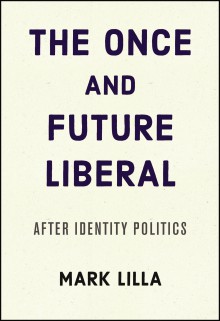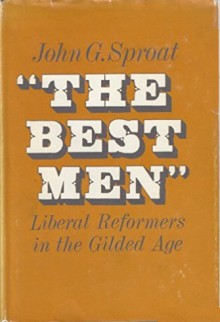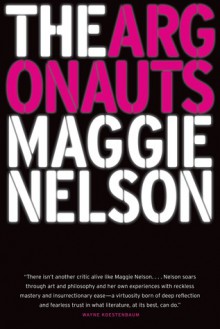
Lilla argues that the Democratic Party went down a blind alley after Ronald Reagan's victory in 1980. American liberals enjoyed about 40 years of success following a political vision articulated by Franklin Roosevelt. The idea of America presented by FDR and his successors, such as Kennedy and Johnson, was one of all American citizens working together to overcome adversity. This vision perfectly suited the Great Depression and World War II, and complemented the Civil Rights Movement. That vision was supplanted by Reagan's libertarian view of an America made up of independent individuals achieving success without help from anyone else. That vision of America better suited a time of economic prosperity and America's brief status as the world's only super power after the collapse of the Soviet Union.
Rather than articulate a new vision of collective action, American liberals perused identity politics. In identity politics the crucial factor is not what unifies people as Americans, it is the uncontrollable factors of birth that make people different from each other. Lilla describes this as the opposite of politics. Identity politics is about marches and rallies that make people feel proud of their unique group. Real politics is about doing the no-fun work of running for county commission seats and school boards and convincing people who are different than you that it is in both your interests to work together for the common good.
One the most appealing ideas of liberalism is the fact that it is about expanding the circle. Through out history liberals have worked to bring more groups into the circle while conservatives work to make the circle smaller. The United States began as a democracy where only land owning adult white males could vote. Over time that circle was expanded to include all white men, then men regardless of race, then all women. The conservative impulse is to exclude, to shrink the circle back down to just white people, just Christians, just men, just my family, and then the ultimate nadir of Trumpism: just me.
Identity politics is about creating new circles within the big circle. The Democratic Party seems like less of a unified party and more like the Women's Party, the African American Party, the Immigrant Party, and the LGBT Party which occasionally caucus together but do not have the same agenda. The obvious counter-argument to this is to argue that the Civil Rights and the Women's Rights movements were identity movements, but they were also about securing equal rights as American citizens.
Many pro-identity politics critics have dismissed Liila's argument because he is a white male and therefore unqualified to speak to issues affecting women and minorities. While that is a correct analysis of Lilla's identity, it assumes the truth of identity politics in order to defend identity politics. I do not believe Lilla is actually saying anything about any group within the world of identity politics, he is saying that all the groups need to get past self absorption and return to collective action for the good of all citizens.
The most optimistic development to come out of the Trump catastrophe is that more liberals are realizing they have to do the hard work of local and state politics to push back against the Republican machine that has allowed unqualified extremist candidates to get elected to local and national office. It is a lot easier to take a day off from work, make a clever sign, and march in a parade, but parades do not win local elections.

 Log in with Facebook
Log in with Facebook 









